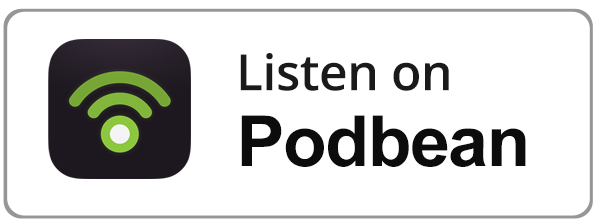- Home
- IELTS Letters
- Formal vs Informal IELTS Letters
Formal vs Informal Language for IELTS Letters
There's a distinct difference between formal and informal language for IELTS letters and it is critical you understand these to get a high score.
For a band 7 for IELTS general writing task 1 Task Achievement it says:
- The tone is consistent and appropriate to the task. Any lapses are minimal.
A key aspect of the correct tone is ensuring you choose correctly between formal and informal words, phrases and sentences.
So lets look at when we use each and how to identify the correct tone.
Formal and Informal
When do we use 'Formal' and 'Informal' Language?
We use formal language when we don’t know the person we are writing to. This is why academic writing is often very formal, as the audience is always anonymous. Generally, in formal writing we use peoples full titles and avoid contracted forms of verbs.
For example, we may use "Dear Mr. Jones" and we never use "can’t" or "won’t". Formal language also includes longer sentences with more complex and compound sentences and fewer simple sentences. Formal language is also less personal and more objective. This means we tend to avoid emotional language.
We use informal language when we know and have a relationship with the person or people we are writing to. The more familiar with and similar we are to the person we are writing to lower the level of formality should be. Informal writing uses contractions, informal collocations and colloquialisms and many common phrasal verbs.
Identifying the Right Tone
To identify the right tone you need to analyse the question and answer two questions.
1) Who am I writing to and what is my relationship with them?
Which of these two groups are you writing to?
|
|
If to the former three your tone will be more informal; for the latter three your tone should be more formal.
2) What is the purpose of my message?
Generally, the more serious and important your think the purpose is, the more formal the message should be. If you are making a request or an apology and you need something from the other person then you use a more formal tone. If you are offering help or a suggestion you can be less formal.
Examples of Formal and Informal Language
Here are a mix of formal and informal expressions that you may commonly need to use in the IELTS general writing test:
Complaining (formal)
- "I am writing to express my strong dissatisfaction with..."
- "I request a full refund due to the unacceptable..."
- "I urge you to take immediate action to rectify this situation."
Making a Request (formal)
- "I am writing to respectfully request..."
- "I would be grateful if you would consider my application for..."
- "I would appreciate your approval for..."
Apologising (formal)
- "I sincerely apologize for any inconvenience caused."
- "Please accept my apologies for my oversight regarding..."
- "I am truly sorry for my actions and any distress they may have caused."
Giving Advice (informal)
- "I think you should really think about..."
- "Why don't you try talking to someone who knows more about it?"
- "If I were you, I'd definitely..."
Making Arrangements (informal)
- “Are you still ok for the meeting on Friday?”
- “How about meeting at the …”
- “Can we push it back to Wednesday?”
Congratulations (informal)
- "Amazing news!"
- "You're a star!"
- "Couldn't be happier for you!"
Summing Up
So when you are faced with an IELTS letter, make sure you look carefully to see whether the language needed is formal or informal. You can do this by thinking about who you are writing to.
Take these steps along with learning some of the useful language for formality and informality and you are on your way to a higher score!
Boost your Score: Band 9 IELTS Letter Writing eBook
When you enrol in any of the external courses here, we may get an affiliate commission — but it never affects your price or what we pick and the courses are designed and owned by IELTS buddy.
Comments
Any comments or questions about this page or about IELTS? Post them here. Your email will not be published or shared.
Band 7+ eBooks
"I think these eBooks are FANTASTIC!!! I know that's not academic language, but it's the truth!"
Linda, from Italy, Scored Band 7.5














